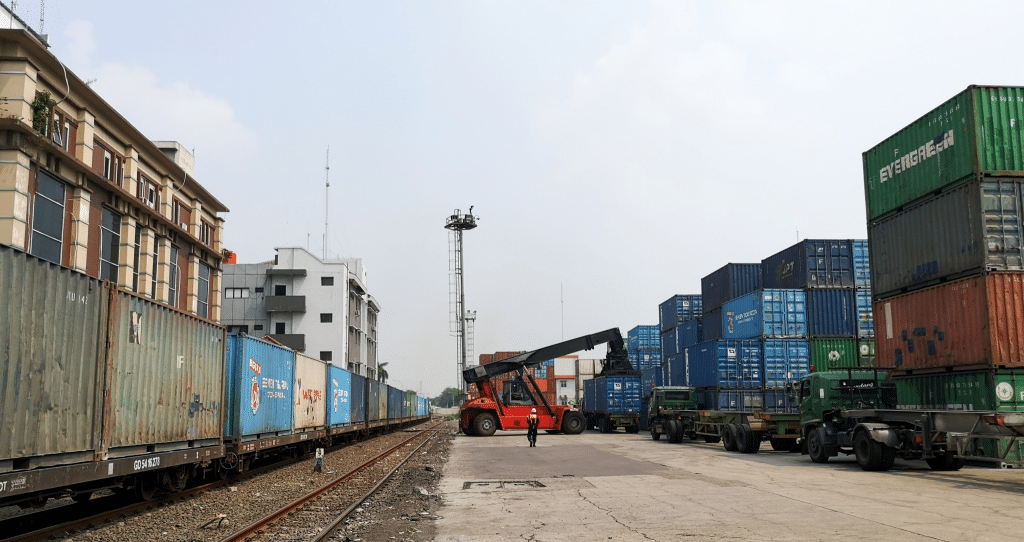
Together with the Indonesian government, the TRANSfer project is working on shifting freight transport from road to rail on Java. The potential impact of the designed action programme is estimated to be up to 23 MtCO2 mitigation until 2030 and the cooperation now enters a new stage.
To assess the economic and financial implications and identify sources of funding a financial analysis is being conducted. The study will cover investments in facilities and infrastructure corridors as well as policy measures for improving the competitiveness of intermodal freight (use charges, fiscal incentives, operational subsidies).
There is a need to find the right intervention using the financing mechanism in order to make rails competitive towards the cost of using trucks.
Ahmad Yani, Director of Road Transport – Ministry of Transportation of Republic of Indonesia
Business actors need an attractive policy environment in order to switch to intermodal transportation and for contributing to investments in the rail freight sector. On the other hand, programme implementation can not only rely on state funds, but also requires support and cooperation with the private sector and donors. Moreover, most participants of the virtual kick-off of the study agreed that there is also a need to tackle the issue of truck overdimensioning and overloading (ODOL) to ensure the effectiveness of the programme.
The 3-months financial design study process on the intermodal freight transport action programme kicked-off in mid-January 2021 with a virtual focus group discussion and is supported by PWC Indonesia consultants. Led by the Director of Road Transport Mr. Ahmad Yani, the FGD attracted more than 80 public and private sector stakeholders.
 © GIZ / TRANSfer Project
© GIZ / TRANSfer Project

Yoel Priatama